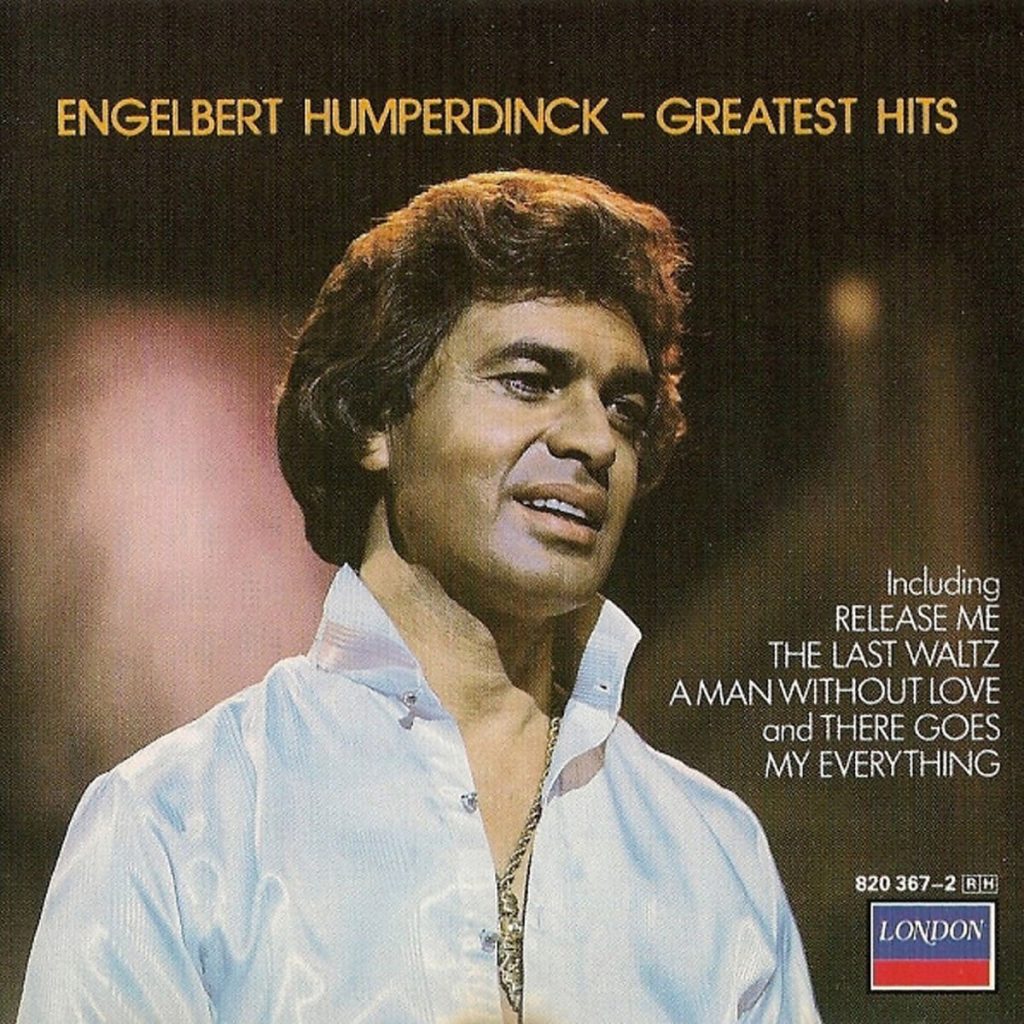
Engelbert Humperdinck’s “Release Me (And Let Me Love Again)”: A Ballad of Heartbreak and Hope
In the realm of popular music, there exist songs that transcend time and trends, becoming timeless anthems that resonate with listeners across generations. Engelbert Humperdinck’s “Release Me (And Let Me Love Again)” is undoubtedly one such masterpiece. Released in 1967, this poignant ballad has captivated audiences worldwide with its heartfelt lyrics and soul-stirring melody, earning its place among the most iconic songs of all time.
Engelbert Humperdinck, a charismatic vocalist with a velvety baritone, breathed life into the song’s melancholic verses, imbuing them with a raw emotion that struck a chord with listeners. His voice, capable of conveying both tenderness and despair, perfectly complemented the song’s narrative of a love lost and a heart yearning for redemption.
The song’s opening lines, “Please release me, let me go / Before I don’t love you anymore”, set the stage for a tale of heartbreak and unrequited love. The protagonist, trapped in a relationship devoid of affection, pleads for freedom from a love that has become a prison. The desperation in Humperdinck’s voice palpable, conveying the anguish of a soul teetering on the brink of emotional collapse.
As the song progresses, the lyrics explore the depths of the protagonist’s despair, painting a vivid picture of a love that has withered and died. The singer laments, “To waste our lives would be a sin / Release me, and let me love again”, expressing a profound desire to escape the clutches of a love that has brought nothing but pain.
Yet, amidst the sorrow, a glimmer of hope emerges. The protagonist, despite the heartbreak, still yearns for the possibility of love. The plea, “Let me love again”, echoes with a poignant longing, a testament to the human spirit’s resilience in the face of adversity.
“Release Me (And Let Me Love Again)” is more than just a song; it’s an emotional journey that mirrors the complexities of love and loss. Humperdinck’s masterful delivery, coupled with the song’s timeless lyrics, has cemented its place as a cornerstone of popular music history. It remains a beacon of hope for those who have experienced heartbreak, offering solace and the promise that love can indeed find its way back into our lives.